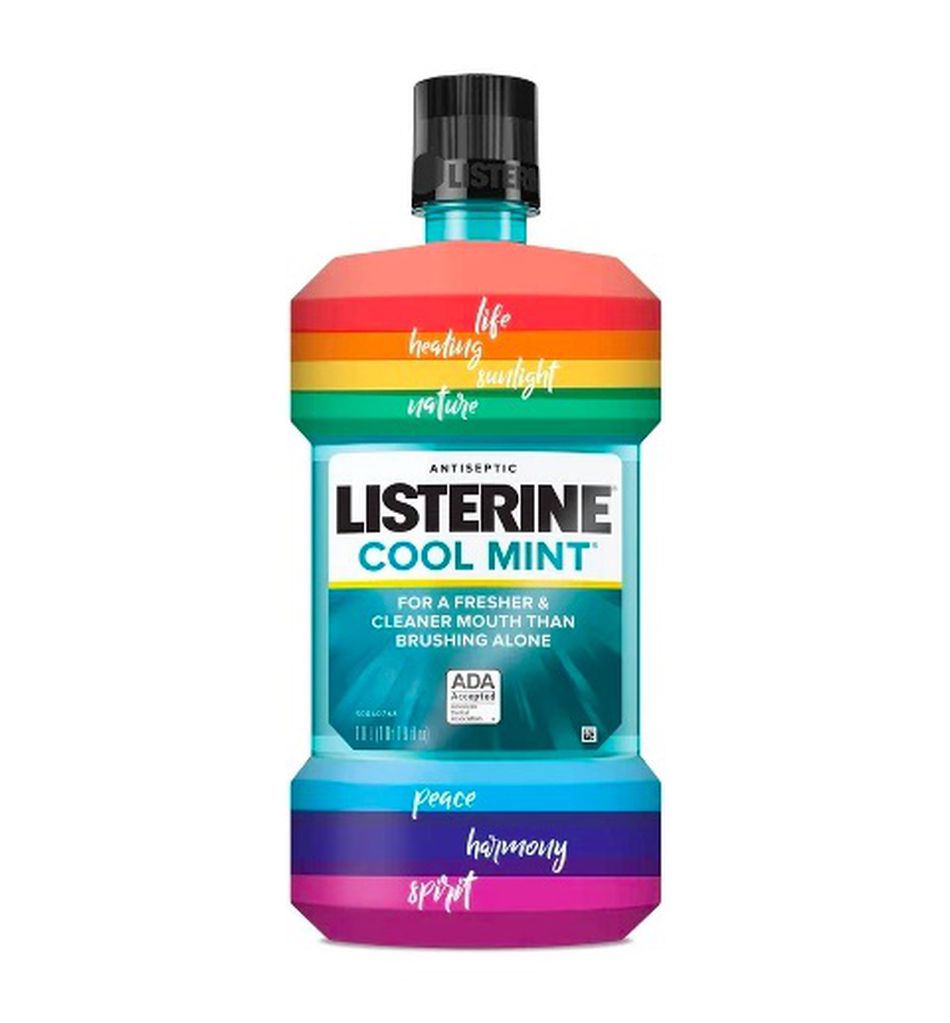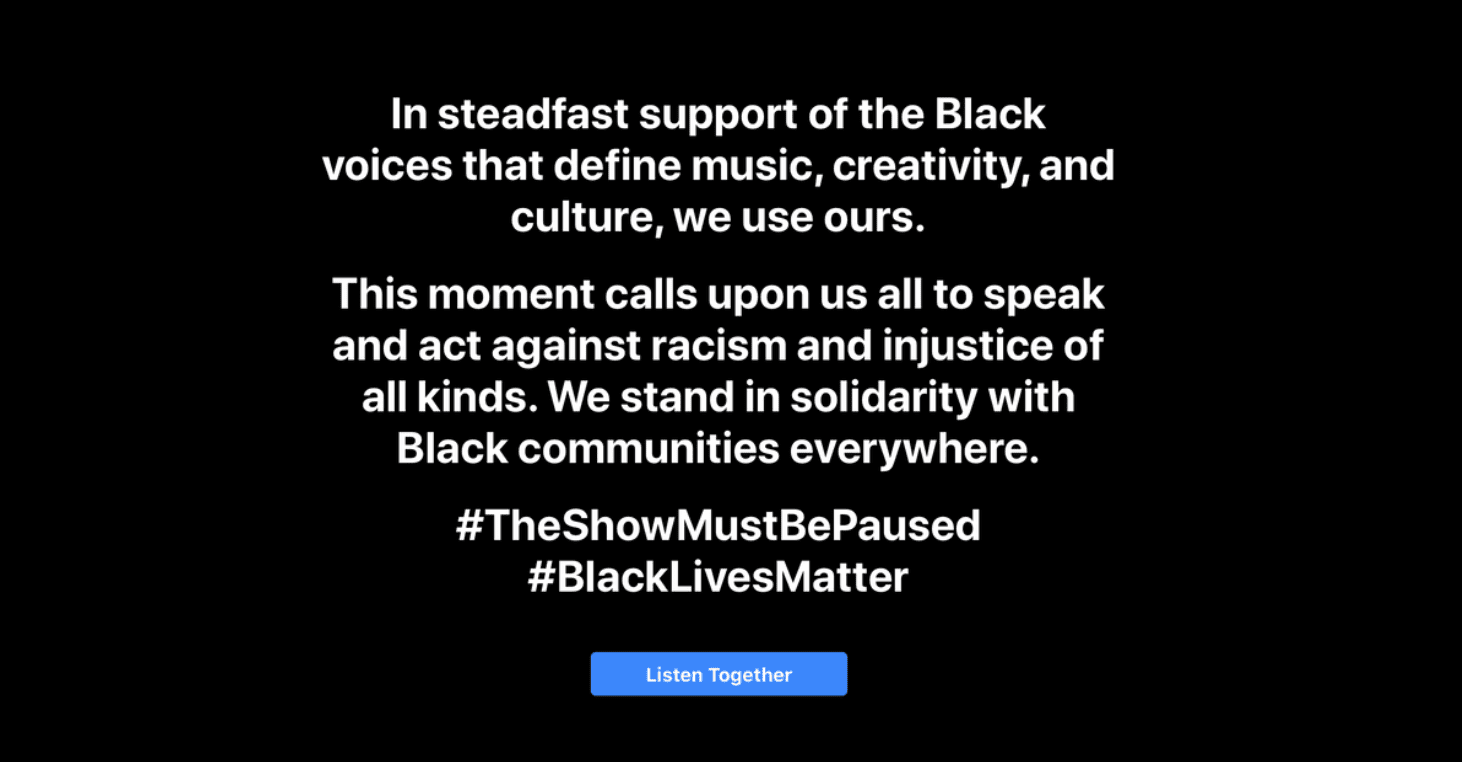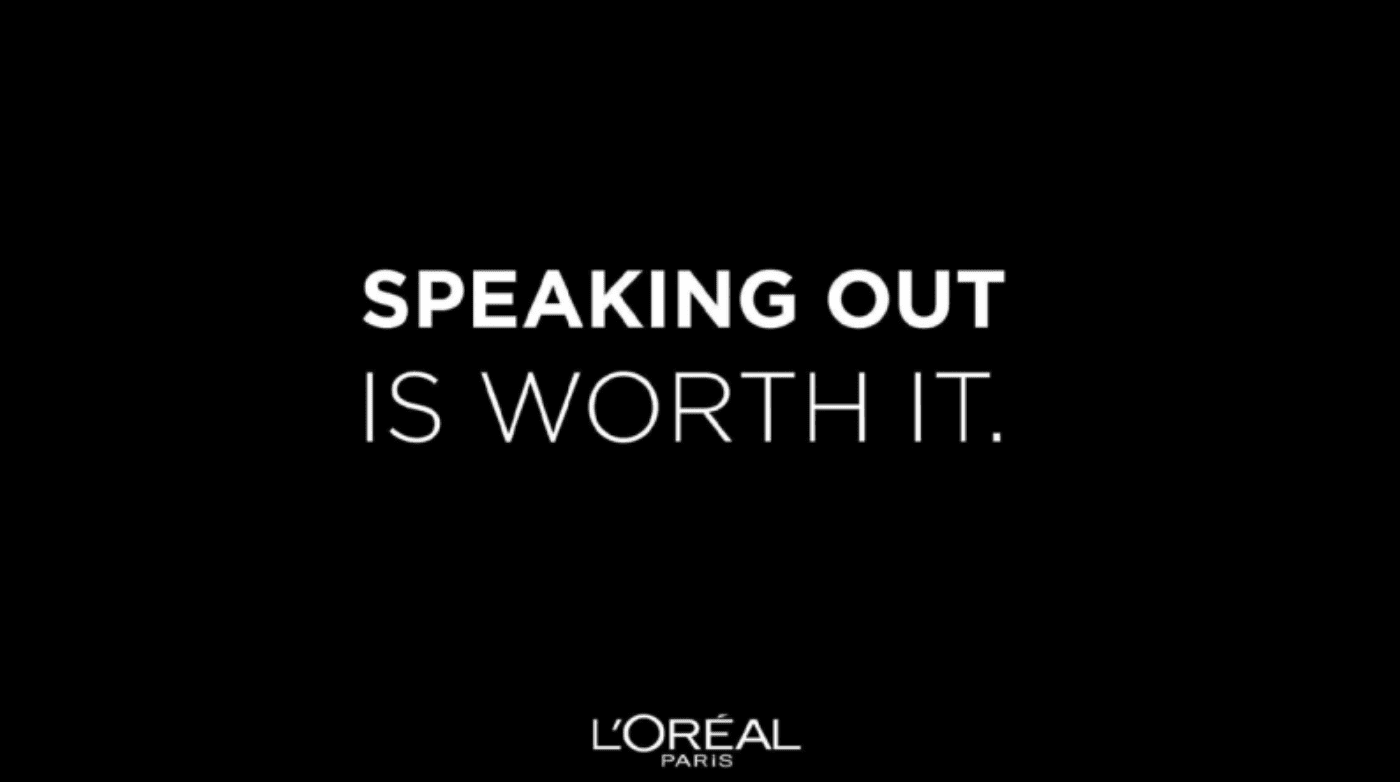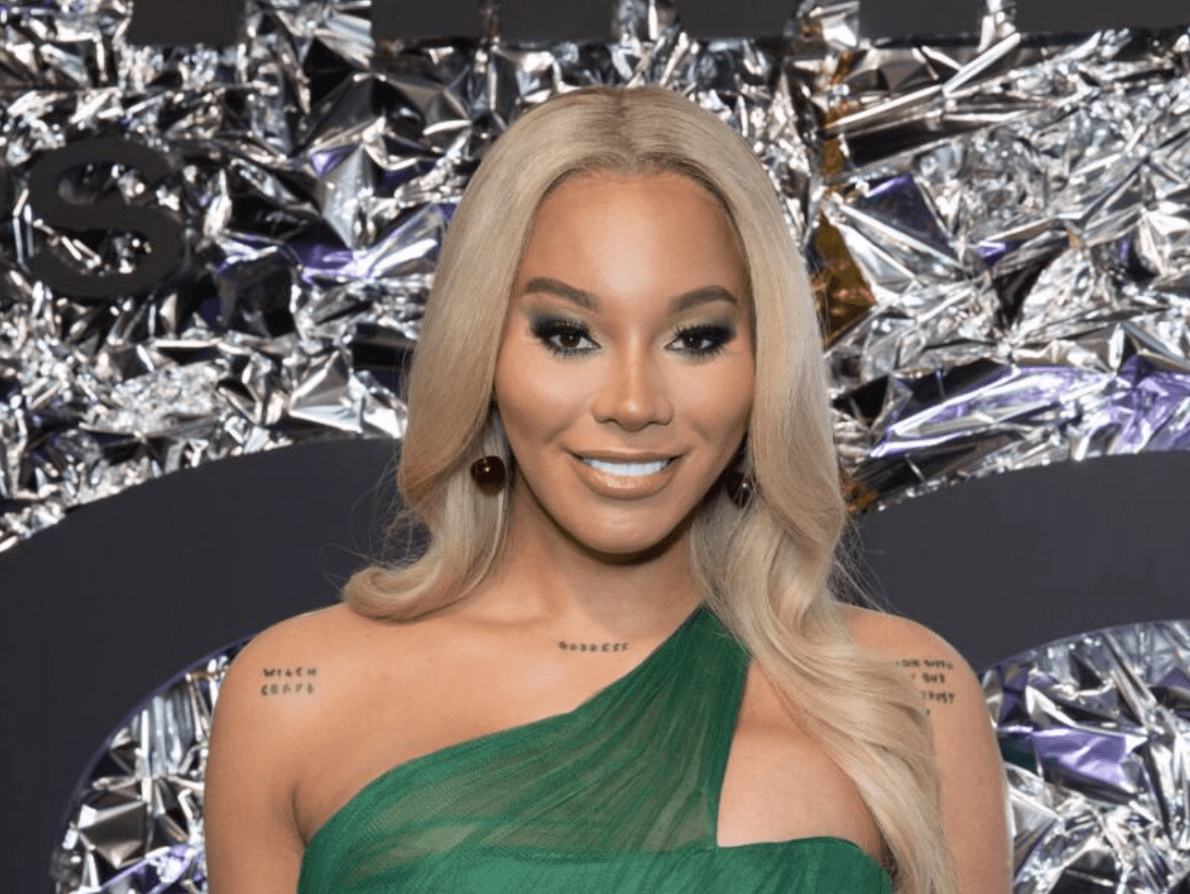
In times of significant public shift on social issues, there will always be one constant element on which we can rely – corporate brands and businesses jumping on the bandwagon of opportunity.
We see it all the time, without fail. Take, for example, gay marriage. Except for homo-phobic brands like Chick-fil-a, corporations mostly stayed out of the debate of granting gay people the right to marry. Even brands that were gay friendly historically and supportive of the community were still cautious not to rile up stockholders by making a public declaration in support of gay marriage.
That all changed on June 26, 2015, when the U.S. Supreme Court made marriage equality a national law to be upheld. Instantly, allied brands of the LGBTQ were overwhelmingly posting congratulatory messages all across social media. One of my favorites was Chipotle, which shared an image of a burrito wrapped in rainbow foil with the headline “HOMO ESTAS! Which way do you sway, Tacos or Burritos?” It was witty, amusing, and not patronizing.

Suddenly, the multi-colored floodgates were open and brands I had purchased all my life had rainbow editions of everything. It was kind of cool but also felt terribly exploitive as it was hard to distinguish which of these brands, if any, had previously been supporters of the LGBTQ.
As for Chipotle, some people took offense to their pride campaign and accused them of pandering and exploiting the newly passed gay marriage law. Chipotle representative, Chris Arnold fired back with receipts, telling Business Insider, on the contrary, the company has used “¿Homo estás?” in support of Pride events for several years,
“…and it has always been very well received in the LGBT community. If there are some who find it insensitive, we certainly apologize for that,” Arnold said.
During Pride month in general, many brands overdose on rainbows during the thirty days of June, and then like magic, Poof! On July 1, they’ve moved on to the selling of all things red white and blue in the retail onslaught of Independence Day. Are they allies or opportunists?

Now, in the aftermath of the murder of George Floyd at the hands of four Minneapolis cops, brands are once again being summoned to show they give a damn. All 50 states in America have been experiencing rallies and protests for justice.
In the milieu, national brand Target got thrust into the spotlight when one of their stores was vandalized and looted in the riots. Quickly, the topic of corporate responsibility became a focus as protesters passionately shared having no emotional connection to the giant corporations in their neighborhoods who they saw as doing little to help the underserved communities. Minimum wage salaries, barely-there shifts, and minimal health insurance for workers are not enough to bolster a community – and it’s more frustrating considering their massive corporate tax breaks and bulging CEO salaries. Protesters are boldly calling it out.
Predictably, last week as brands took to social media like clock-work, changing their social profile pictures to a blacked-out version of their logos, the gimmicky #BlackoutTuesday was born.
Corporate messages flooded the internet, declaring a stand in solidarity with the fight against racial injustice and Black Lives Matter. Once again, just like with Pride exploitations, we pondered which brands are to be trusted and which disingenuously are just jumping on the bandwagon?
Three brands I call into question are Apple, L’Oreal Paris and The NFL.
Apple kicked off its #BlackoutTuesday with a stealthy campaign that I will admit was both gimmicky yet poignant. On that day, unsuspecting Apple Music users landed upon a completely black landing page with the following messages:

Reportedly from there, users were unable to access any other music except that which was created by black artists. It’s a thoughtful idea on the surface, but for a company as wealthy as Apple, a better contribution to the cause would be allocating 1 billion dollars for youth programs, vocational training, as well as educational and professional development initiatives in poor neighborhoods.
In fairness to the brand, however, CNN shared a statement from Apple CEO, Tim Cook that was distributed in a letter and sent to employees confirmed by CNN Business,
“He said he’s heard from employees that feel “afraid” in their own communities because of recent events and is making a “number of groups” that help fight racial injustice. Cook said that Apple has “always drawn strength from our diversity, welcomed people from every walk of life to our stores around the world, and strived to build an Apple that is inclusive of everyone.”
There’s no word yet on specific money contributions or resources Apple plans to provide to the cause. Still, Cook, an openly gay CEO in a high position of corporate power, has previously led the brand with positive examples of social responsibility, so I remain hopeful.
In contrast, when it comes to brands I do not trust based on their actions of the past, beauty juggernaut L’Oreal Paris and the NFL are at the top my GTFOH list.
This past Monday, L’Oréal Paris sent out the post, “speaking out is worth it” accompanied by their brand logo and the message:
“L’Oréal Paris stands in solidarity with the Black community, and against injustice of any kind. We are making a commitment to the @naacp to support progress in the fight for justice. #BlackLivesMatter.“

That would be great if in 2017, L’Oréal Paris had not abruptly canceled its contract with Munroe Bergdorf – a beautiful transgender model of color, for speaking out about racism in the wake of a deadly neo-Nazi rally.
Instead of turning the matter into a teachable moment, the brand dismissed Bergdorf and quickly moved on to sweep the issue under the rug.

Thankfully, Twitter followers were on hand this week along with Bergdorf to remind the world of how L’Oreal Paris, now claiming black lives matter, so quickly threw her under the bus and kept it moving years earlier just to avoid controversy.
In a tweet, Bergdorf wrote,
“You dropped me from a campaign in 2017 and threw me to the wolves for speaking out about racism and white supremacy. With no duty of care, without a second thought,” she posted on Twitter. “I had to fend for myself being torn apart by the world’s press because YOU didn’t want to talk about racism. You do NOT get to do this. This is NOT okay, not even in the slightest.”
Obviously still emotionally distressed from the 2017 ordeal, and angered by L’Oreal Paris’ hypocrisy in the era of George Floyd protests, Bergdorf further tweeted,
“I said yesterday that it would only be a matter of time before RACIST AF brands saw a window of P.R. Opportunity. Fuck you. Fuck your ‘solidarity.’ Where was my support when I spoke out?”
Yes, L’Oreal Paris, answer that question. Where were you?
https://www.instagram.com/p/BpW9GiSBApP/?utm_source=ig_web_copy_link
As for the NFL’s recent empty and laughable statement of solidarity, it’s almost too easy to rip apart, but I’ll remain civil.
Over the past few years the brand has taken a clear position in not supporting rising football star Colin Kaepernick. Kaepernick upset the apple cart at each game by kneeling silently during the national anthem to protest against America’s pervasive and disproportionate police injustices against black people.
The act of silently kneeling in protest is a right, and the constitution protects it. Instead of supporting Kaepernick’s right to protest, The NFL thought of corporate profits first and was complicit in sidelining the outspoken athlete and advocate in the prime of his career.
This “blacklisting” became the grounds for a major civil suit Kaepernick filed against the NFL, which resulted in a 10 million dollar settlement – pocket change though compared to the salary lost by not being allowed to play.
In response to the current global social unrest pertaining to racial injustice, Head NFL Commissioner Roger Goodell sent out a Black Lives Matter, May 31 on behalf of the NFL. Needless to say, he got dragged across Twitter by the public immediately, many calling out the NFL’s blatant abandonment of Kaepernick and his fight against injustice, which ultimately hindered his career.
“The NFL family is greatly saddened by the tragic events across our country,” Goodell said. “The protesters’ reactions to these incidents reflect the pain, anger, and frustration that so many of us feel”
Continuing, Goodell offered …
“As current events dramatically underscore, there remains much more to do as a country and as a league. These tragedies inform the NFL’s commitment and our ongoing efforts. There remains an urgent need for action. We recognize the power of our platform in communities and as part of the fabric of American society.”
— NFL (@NFL) May 30, 2020
The backlash was swift, with notable names calling Goodell and the NFL brand hypocrites. Aol News reported the following responses among many from Goodell’s critics,
Famed director Ava DuVernay, an ardent critic of the NFL, tweeted: “Shame on you. This is beyond hollow + disingenuous.” Michael Shawn-Dugar, a writer for The Athletic, said on Twitter, “Colin Kaepernick asked the NFL to care about the lives of black people, and they banned him from their platform.”
The NFL and L’Oreal have mapped out an obvious path here for brands to avoid if they don’t want the public to call them out for not standing on the right side of history – before it becomes a popular position. You are either a leader of change when the opportunity arises or you’re just another follower of failed policies.
In a recent Instagram post, Munroe Bergdorf sums it up best as she recapped her interview with The Guardian:
“Black Lives Matter is not a trend. Black people are not a trend. If you’re claiming to stand with us, we want to see the receipts.
https://www.instagram.com/p/CBD959-g4K5/?utm_source=ig_web_copy_link
For any CEO out there wondering how to navigate through this minefield of social change, here’s a simple tip: Black lives matter. Phony corporate bullsh*t does not.
This piece is an opinion piece by one Contributing Writer for Instinct Magazine and may not reflect the opinion of the magazine or other Contributing Writers.

